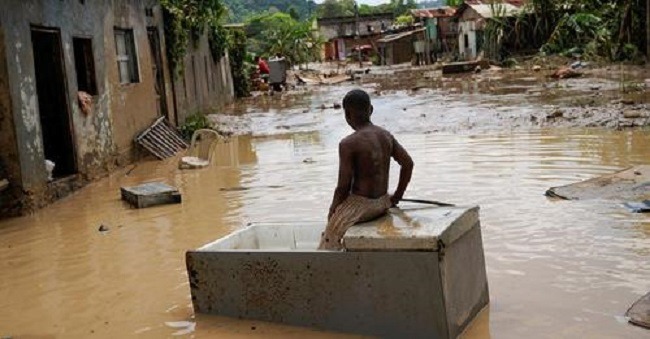
Climate funding: wealthy countries attach strings for developing world.
Japan, France, Germany, the United States and other wealthy nations are reaping billions of dollars in financial gains as part of developed nations’ pledge to provide $100 billion a year to poorer countries to help them reduce emissions and cope with extreme weather from climate change.
The promised US$100 billion a year is just a fraction of the US$1.8 trillion that low and middle income countries need each year to reduce emissions and adapt to the impacts of climate change.
Despite the political importance of the US$100 billion pledge, many developed countries did not deliver on these commitments in the first three years from 2020.
Furthermore, by channeling money from the program back into their own economies, wealthy countries contradict the widely embraced concept that they should compensate poorer ones for developed economies long-term pollution that fueled climate change. It is also abundantly clear from the data that high per capita carbon emissions are overwhelmingly concentrated in high income countries.
According to a review by Reuters and a Stanford University journalism program, wealthy nations have loaned at least $18 billion at market-rate interest, including $10.2 billion in loans made by Japan, $3.6 billion by France, $1.9 billion by Germany and $1.5 billion by the United States.
That is not the norm for loans for climate-related and other aid projects, which usually carry low or no interest.
At least another $11 billion in loans – nearly all from Japan – required recipient nations to hire or purchase materials from companies in the lending countries.
And $10.6 billion in grants from the European Union and others required recipients to hire companies, nonprofits or public agencies from specific nations – usually the donor country.
Offering climate loans at market rates or conditioning funding on hiring certain companies means that money meant for developing countries gets sent back to wealthy ones.
See also: China Environment News, Dec 15, 2023. ‘BRICS nations major climate finance providers’.
https://china-environment-news.net/brics-nations-in-top…/
Source: Reuters, May 22, 2024. https://www.reuters.com/…/special…/climate-change-loans/